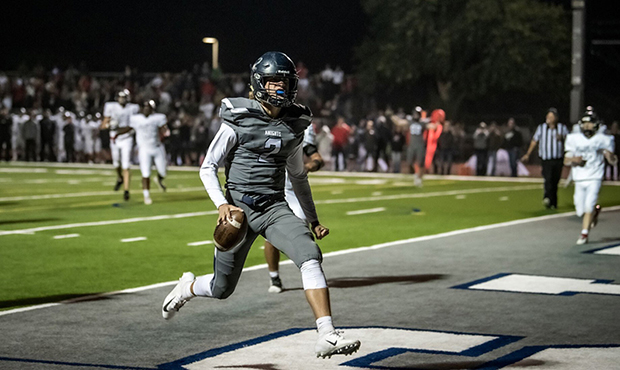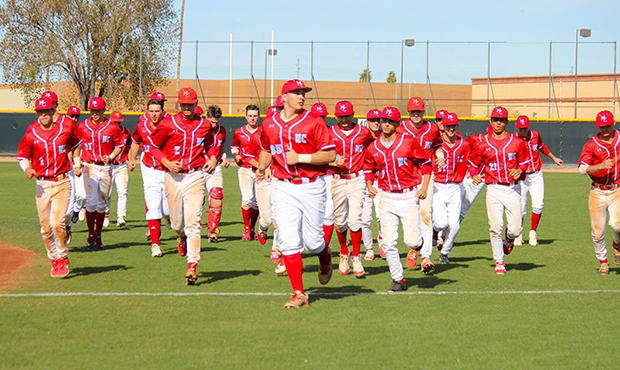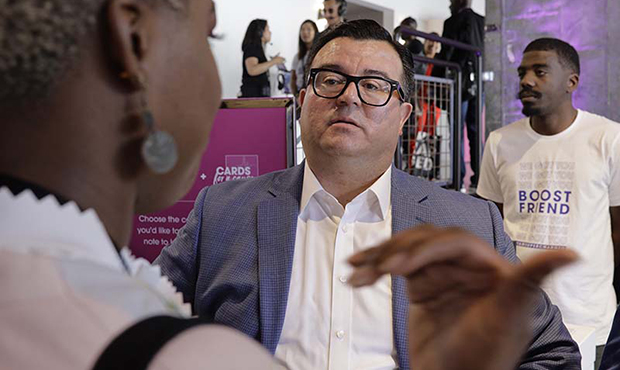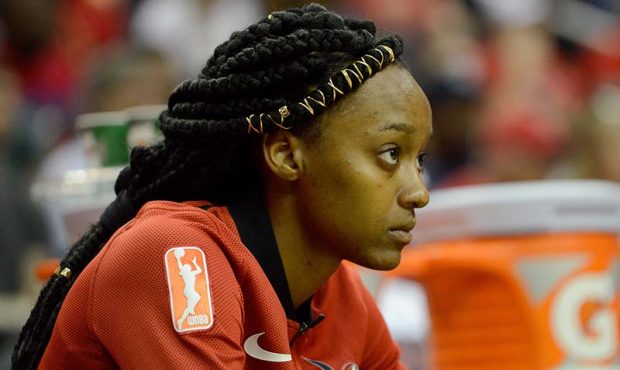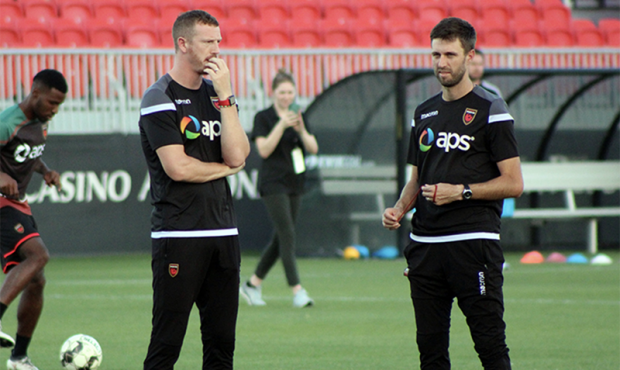The Concussion Discussion
May 30, 2017, 5:33 PM
PHOENIX — Gisele Bündchen, wife of New England Patriots quarterback Tom Brady, recently told a national audience on “CBS This Morning” that her husband had a concussion last year, but “we don’t talk about it.”
Soon others players around the NFL acknowledged that they played with what the Centers for Disease Control and Prevention defines as a traumatic brain injury.
That behavior sends the wrong message to youth, according to a Valley sports psychologist and local football coach, and teaching self-reporting must take priority.
“I think coaches now a day have to be super aware,” McClintock High School football coach Corbin Smith said. “Protect themselves and their kids, first and foremost.”
A sports psychology consultant who works with coaches to improve player and coach relationships believes the silence has a profound effect.
“If a budding footballer is hearing and seeing athletes … withholding concussions, denying concussions, trying to fool the medical doctors about having a concussion, then they will see that as what you have to do to be successful,” said Adam Berry of MindSet Sports Psychology in Scottsdale.
An encouraging sign came from the Barrow Neurological Institute’s Concussion and Brain Injury Center, which surveyed Arizona teens for a 2016 concussion study and found Arizona youth are becoming more informed about concussions and the dangers of not being treated.
Many NFL athletes aren’t helping the cause.
New Orleans Saints quarterback Drew Brees said on “The Dan Patrick Show” that he has also played through concussions without reporting them.
He never shared those moments with his wife because “I wouldn’t want her to worry.”
That kind of behavior sets the conversation back, said Chris Nowinski, co-founder and CEO of the Concussion Legacy Foundation.
“When the word gets out that a professional player is not reporting concussions, I think it’s a giant step backwards, but we’re dealing with a very uncomfortable truth,” he said.
“There is probably more concussions than players could possibly report and expect us to see.”
Smith understands that. He is the founder of the Larry Smith Coaching Academy that aims to teach youth coaches about the fundamentals and techniques of coaching, including an hour-long concussion seminar.
“We have to be able to recognize it without the kid saying it but you can only recognize the most severe concussions without the kids saying anything,” Smith said.
The Concussion Legacy Foundation’s education program, Team Up Against Concussions, teaches teammates to look out for each other on the field and report concussions.
“That’s our best solution for young athletes,” Nowinski said, “because again, at some level, we can’t expect young athletes to self-report.
“When they’re younger, they don’t understand the consequence to their health.”
The Barrow’s study found that 89 percent of teens surveyed said they would report it if a teammate or friend suffered a concussion playing a school sport.
How would they know?
Berry thinks education about what a concussion is and what if feels like is key.
“Football is leading with the head and … if you collide with people at this size with this speed there is absolutely no way that you are not suffering concussions, or brain injury, daily,” Berry said.
All Arizona high school athletes are required to take the Barrow Brainbook concussion education program launched by Barrow in August 2011 before participating in sports.
Arizona State University athletes also are required to complete the Barrow Brainbook program before playing, making ASU the first NCAA-affiliated university to introduce the education to its student athletes.
“Ballroom dancing is a contact sport. Football is a collision sport,” Berry said.
And although collision may be part of the game, safety is still a priority.
“The bottom line is we have to be super cautious and take all the precautions that are necessary, for any kind of injury but especially concussions,” Smith said.

